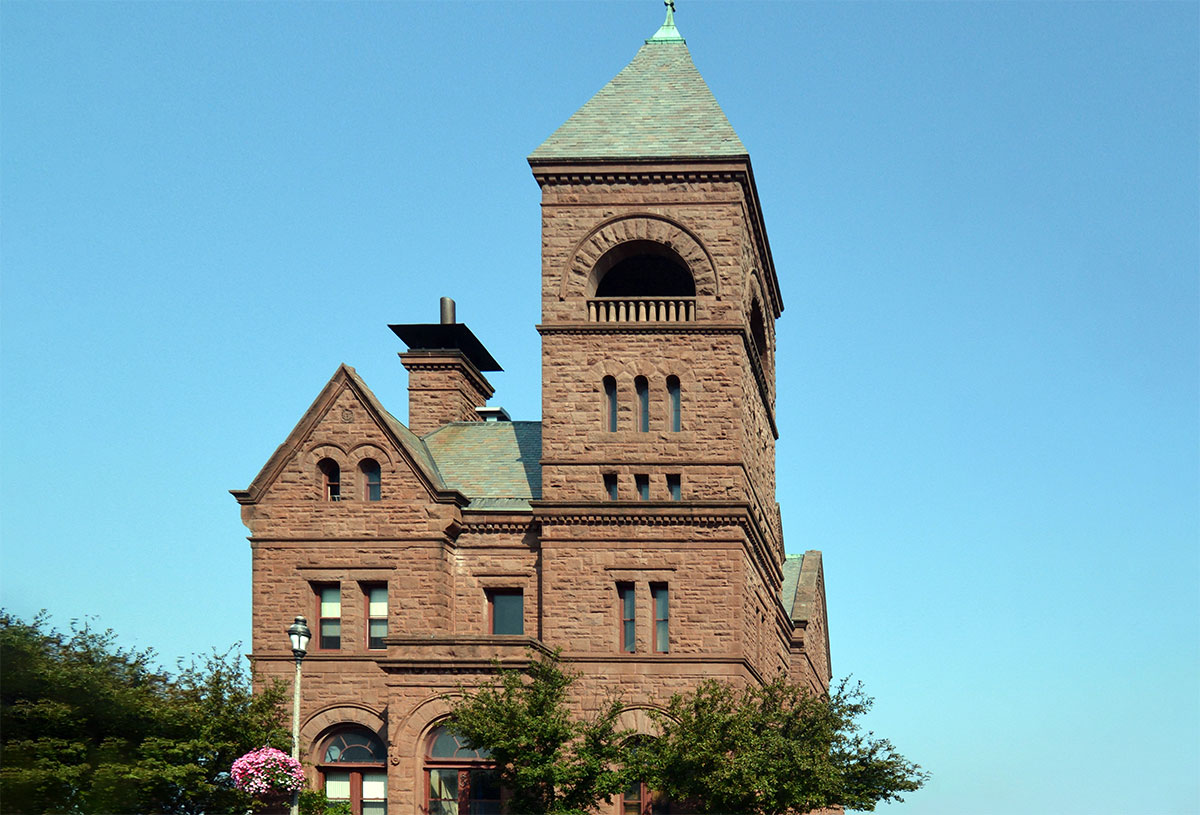Do you enjoy criminal defense work? Are you interested in a family law practice? Does your passion lie in advocating for children? If you answered “yes” to any of these questions, then a rural-county practice might be just the thing for you.
I asked judges in rural Wisconsin for their observations. Specifically, I asked for the top three practice areas needing attorney representation, the practice areas underserved by attorney representation, the numbers of cases and practice areas for which attorneys are appointed, and what judges most appreciate about serving in a rural community. Their responses are enlightening.
High Demand, Underserved Practice Areas
Some judges in Wisconsin’s less populous counties report that the highest numbers of court appointments are in the areas of criminal defense, family law, and CHIPS (child in need of protection or services) and JIPS (juvenile in need of protection or services) matters. Guardians ad litem are also in high demand, particularly in guardianship and protective placement cases.
At the same time, these judges indicate that these practice areas remain underserved in their county. One judge commented that there are only three attorneys practicing in the county he serves, two of whom are nearing retirement age.
I have spent 37 of my 38 years of practice in a rural county. Criminal defense and family law took up the largest part of my early career. In addition to doing some legal research and drafting of pleadings, I was able to immediately meet with clients, make court appearances, try cases, and get to know the judges, attorneys, and other courthouse personnel.
These practice areas provided me with important experiences in counseling clients, understanding evidence, trying a case, and preparing for court appearances. Because rural counties do not typically support a highly specialized practice, the small-town attorney also gets to explore a wide variety of practice areas. It would take me less time to tell you the types of cases I do not take than it would to list all my practice areas.
The top practice areas observed by judges in rural counties, namely criminal defense, family, and juvenile matters, are those that bring local residents into court. But residents of these counties have many other legal needs that bring them to a lawyer’s office, including estate planning, real estate, business formation and maintenance, probate, and income tax preparation.
The clients of my small-town firm are very loyal, expressing pride over the duration of our attorney-client relationship. I was fortunate to join a firm in operation for nearly 100 years, and many clients’ parents and grandparents also used our firm. This loyalty often results in the opportunity to represent a client in different matters.

Ashland, Wisconsin City Hall
Small-town Life’s Nonwork Rewards
Some of the most important aspects of a rural practice are those not involving work. Although I grew up in a small town, I moved to the Twin Cities for law school and enjoyed the experience of living, working, and attending graduate school in a big city. As much as I appreciated the benefits associated with metropolitan living, the drawbacks soon became evident: busy and distant people surrounded me, greenery was limited to public areas, the cost of living was high, and drivers were aggressive.
A return to my small-town roots for work offered the quality of life that I was missing in the big city. The practice of law in a rural county includes attributes that I most prize in this profession: varied practice areas, regular court appearances, and the collegiality of the bar, court, and people supporting the justice system.
My experience is not unique. One polled judge observed that “fresh air, no traffic jams, lower cost-of-living, and the ability to develop more meaningful relationships with others in the system” are among the things he most appreciates about serving a rural county.
A return to my small-town roots for work offered the quality of life that I
was missing in the big city.
Fewer People Can Result in Stronger Connections
One judge commented that “we have meetings that involve all stakeholders, including attorneys, where we talk through the issues and frequently come to a resolution that is acceptable to all involved.” Another judge said that the “reality of limited resources in rural communities fosters good communication and collaboration to overcome obstacles.”
A judge who was recently elected to the bench after many years of practice in a rural area said, “Practicing in a rural community provides a really good opportunity to immediately take on meaningful cases.”
Serving local organizations and projects is easier in a rural community. “Rural areas provide an opportunity to really get involved and make a tangible difference in your community.” In a small town, you get to be a “big fish in a small pond,” rather than the opposite experience of attorneys in a big city.
Almost all judges responding and commenting pointed to the collegiality of members of their local bar as a key benefit of a rural practice. It is not uncommon for attorneys to be zealously advocating opposite sides of a motion in the morning and meeting for lunch in the afternoon.
Conclusion
The practice of law can be stressful, but the many benefits of a rural practice make those stresses a lot easier to manage.
» Cite this article: 96 Wis. Law. 41-42 (October 2023).
